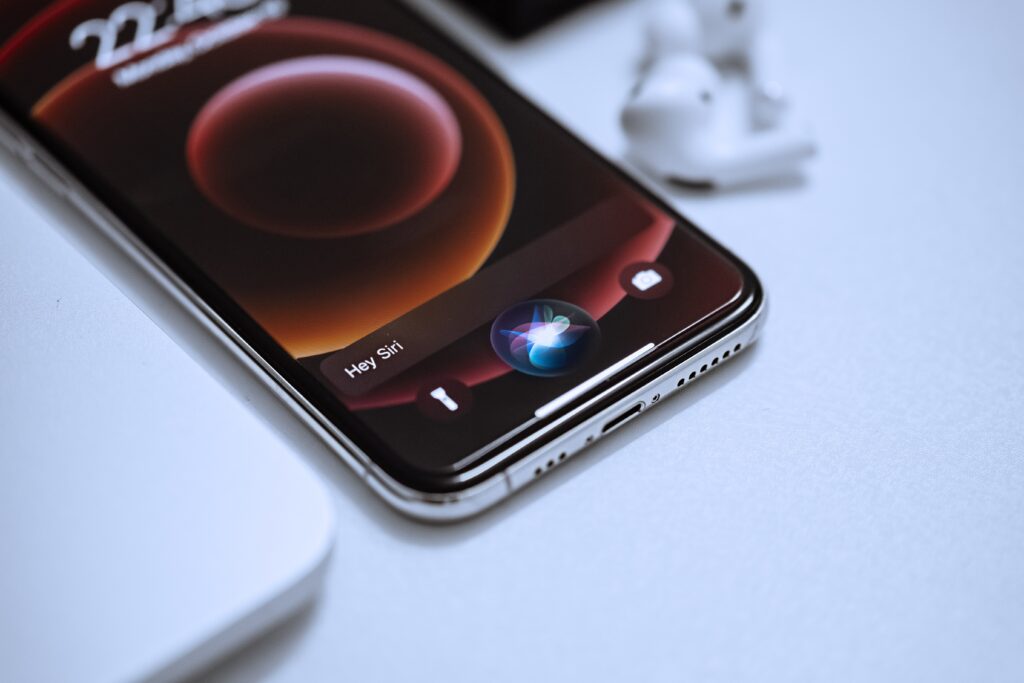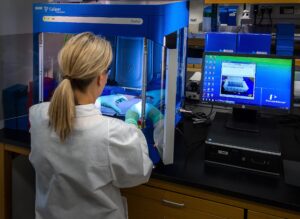
As we move towards a more connected world, the demand for high-speed and reliable connectivity is increasing. With the introduction of 5G technology, we are set to witness a transformation in the way we communicate, work, and live. In this article, we will explore how 5G technology is changing the future of connectivity and what benefits it offers.
What is 5G Technology?
5G is the fifth generation of wireless technology, and it promises to deliver faster speeds, lower latency, and higher capacity than its predecessors. With 5G, you can expect download speeds of up to 20 Gbps, which is 20 times faster than 4G. The technology uses millimeter waves, which are high-frequency radio waves that can transmit more data at a faster rate.
Benefits of 5G Technology
- Faster Speeds: With 5G technology, you can download movies, songs, and other large files in just a few seconds. The technology can deliver speeds of up to 20 Gbps, which is significantly faster than 4G.
- Lower Latency: 5G technology has a lower latency than 4G, which means that the time it takes for data to travel from one device to another is reduced. This is essential for applications that require real-time responses, such as gaming, virtual reality, and autonomous vehicles.
- Increased Capacity: 5G technology has a higher capacity than 4G, which means that it can support more devices simultaneously. This is essential for smart cities, where a large number of devices are connected to the network.
- Improved Reliability: 5G technology is more reliable than 4G, which means that there are fewer dropped calls and interruptions. This is essential for applications that require a continuous connection, such as remote surgery and critical infrastructure.
- Enhanced Security: 5G technology offers enhanced security features, such as encryption and authentication, which make it more secure than 4G. This is essential for applications that require a high level of security, such as online banking and government communications.

Applications of 5G Technology
- Smart Cities: 5G technology can support a large number of devices simultaneously, which makes it ideal for smart city applications. Smart cities use IoT devices to collect data and optimize city services, such as traffic management, energy consumption, and waste management.
- Healthcare: 5G technology can enable remote surgery, where a surgeon can operate on a patient in a different location. The technology can also support remote monitoring, where doctors can monitor patients remotely and provide real-time feedback.
- Autonomous Vehicles: 5G technology can enable autonomous vehicles to communicate with each other and the surrounding environment. This is essential for ensuring the safety of passengers and other road users.
- Education: 5G technology can enable remote learning, where students can access high-quality educational content from anywhere in the world. The technology can also support virtual reality and augmented reality, which can enhance the learning experience.
- Entertainment: 5G technology can enable immersive entertainment experiences, such as virtual reality and augmented reality. The technology can also support high-quality streaming, which can enhance the viewing experience.
Challenges of 5G Technology
- Infrastructure: 5G technology requires a significant amount of infrastructure to be built, such as new base stations and fiber optic cables. This can be a significant challenge, especially in rural areas where the population density is low.
- Cost: 5G technology requires a significant investment, both in terms of infrastructure and spectrum licenses. This can be a significant challenge for network operators, especially in countries where the competition is high.
- Interference: 5G technology uses high-frequency waves , which are easily absorbed by objects, such as buildings and trees. This can result in interference and reduced signal strength, especially in urban areas.
- Privacy: 5G technology raises concerns about privacy and data protection. The technology enables a large amount of data to be collected, and there are concerns about how this data will be used and protected.
- Health Concerns: 5G technology uses higher frequency waves than 4G, which has raised concerns about the potential health risks. While studies have shown that 5G is safe, there is still a lack of long-term studies on the health effects.
Conclusion
5G technology promises to deliver faster speeds, lower latency, and higher capacity than its predecessors, and it has the potential to transform the way we communicate, work, and live. With applications ranging from smart cities to healthcare to entertainment, the technology offers a wide range of benefits. However, there are also challenges, such as infrastructure, cost, interference, privacy, and health concerns, that need to be addressed. Overall, 5G technology is set to transform the future of connectivity and offer new opportunities for innovation and growth.






